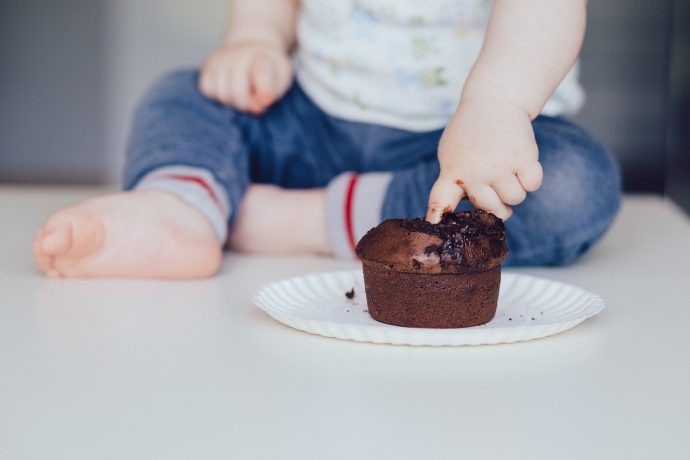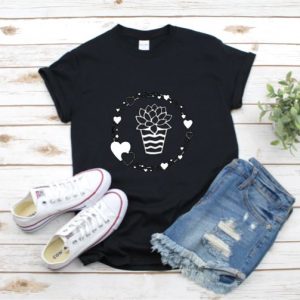
There are probably a 100 new “failed to prove” diet that pop up every day. People get excited about starting a new diet that would finally help them to get to their ideal weight.
While some of these diets seem to work at first and the subject lost a good amount of weight, quite often their weight came back rather quickly. It is a fact that nearly 50% of those who lose weight will gain it back.
Armando Gonzalez, a leading weight loss therapist, believes it is because people are not dealing with emotional reasons behind their weight gain.
Dr. Mondo has found, and also experienced for himself, that there is a true underlying reason to weight struggles and that food becomes a comfort to escape from an emotional issue.
Dr. Mondo, a licensed Psychotherapist, academic researcher, and renowned speaker on the psychological side of weight loss helps provide the long-term roadmap to success. Dr. Mondo can discuss how his program will help to outline how we can overcome the mental, emotional, and relationships are all associated with weight loss. Dr. Mondo is the only therapist to have gained exclusive access to conduct academic research with former contestants of NBC’s The Biggest Loser.
Here is a Q & A about emotional eating and some of the symptoms that would let you know if you are an emotional eater!

What is emotional eating?
In the medical field, we typically refer to emotional eating as
Binge Eating Disorder, or B.E.D.
(some cluster of these symptoms):
Frequent patterns of overeating,
Feeling that your eating behavior is out of control,
Eating even when you’re full or not hungry,
Eating rapidly during binge episodes,
Eating until you’re uncomfortably full,
Frequently eating alone or in secret,
Feeling depressed, disgusted, ashamed, guilty or upset about your eating.
In my practice, I intentionally refer to B.E.D. as emotional eating or comfort eating when I am working with clients. I do this for several reasons.
First, it’s a term they can better connect with. It’s a lot less stigmatizing than slapping some foreign clinical diagnosis on someone–something that I find often leads to people internalizing the problem as a part of their identity which causes them to lose a sense of hope and belief in their ability to change.
Second, calling it emotional (comfort) eating really points to the root of the problem or the function of the behavior. It contextualizes emotional eating. The majority of overeaters are detached from their emotions, but when they look closer they find they are using food to regulate emotions or simply as a diversion from it (numb or avoid uncomfortable feeling states of sadness, loneliness, anxiety, worry, etc). This desire to emotionally regulate is not bad, it’s our attempt at getting through things the best way we know how. In this way, it’s also no different than how some people use drugs, alcohol, workaholism, social media addiction, etc. The only problem is that repetitive emotional eating leaves a visible trail (obesity).
What sex has a stronger tendency to emotional eating?
By numbers, women would probably identify more with emotional eating because they are socialized to be more in touch with their emotions. Women are also socialized to use food as a source of comfort (a bowl of ice cream after a breakup). I would argue that men are too and are emotional eaters in similar numbers, they are just less likely to identify as such in large part because they are taught to hide their emotions altogether.
Is there an average age for emotional eaters?
Emotional eating is a non-discriminatory practice. I have an 18-month-old and I have watched him go from a fit of tears during a tantrum to calmness just over the distraction of being fed a calorie dense treat–something we obviously try to avoid. Our brains are wired to seek pleasure. High fat, high sugar, and processed foods all send light up our dopamine receptors in our brain.
Many of us grow up pairing intense emotion with symptom relief in the form of calorie dense foods. Those patterns stay ingrained in our brain as survival responses when things get stressful or emotionally overwhelming.
We’re all “dope fiends” in this way–so to speak.
Some just have the habit worse than others. The habit can be formed at a really early age and follow us all the way to our last breath.
Are there red flags that help me know I am getting in this habit?
Many clients I help with emotional eating have lives that are significantly imbalanced. They’re overworked, overcommitted, sleep deprived, etc. In that sort of life, there is no space for processing their inner world. Even when there is that space available many people don’t know how to use it to process their emotions in a helpful way.
So, if you aren’t making time for a daily practice to be quiet and sit with yourself, chances are you are probably stuffing your emotions to some degree. What’s your drug of choice to help keep the lid on it? It very well could be food. 3-5 times a day we are all faced with an opportunity to use food for reasons other than nourishment.
How do I know I am an emotional eater?
The cluster of symptoms for B.E.D. gives us a great starting point. If more than a handful of these are applicable then it’s likely you are often emotionally eating.
Binge Eating Disorder, or B.E.D.
(some cluster of these symptoms):
-Frequent patterns of overeating,
-Feeling that your eating behavior is out of control,
-Eating even when you’re full or not hungry,
-Eating rapidly during binge episodes,
-Eating until you’re uncomfortably full,
-Frequently eating alone or in secret,
-Feeling depressed, disgusted, ashamed, guilty or upset about your eating.
How can I stop?
Slow down. Be more intentional about developing practices that allow you to actually encounter your inner world.
People say I decompress by Netflixing or scrolling social media. Okay, maybe that’s enjoyable and classifies as a form of “me time” but that’s not going to help you stop emotional eating. You need space to process your day. Mediation, journaling, yoga, prayer–any practice that allows you to turn inward will be the key to change.
For many though, even these practices seem foreign so we often need support and guidance in establishing them. Therapists trained to work with emotional eating are great because they can teach you these skills. Whatsmore, they can provide you a safe container to process your inner world and even help you make sense of things at a level that leads to greater compassion for yourself and for the context behind emotional eating. I firmly believe you cannot stop emotionally eating if you just focus on the behavior. That’s the tip of the iceberg. You must go deeper. Understanding how and why you use food for comfort is crucial to ending patterns of emotional eating.
Is it link to depression?
Most definitely. One of the signs of depression is changes in appetite
and eating habits (over or under eating). Many people who are depressed self-medicate with food.
Any advice for emotional eaters?
Having spent the majority of my life as an emotional eater I know how much shame is associated with the behavior. Whats more, emotional eaters tend to shy away from asking for help. But, you must. Shame thrives in isolation. It’s disarmed in community.
Ask for support from people that are trained to know how to help. Taking this action doesn’t mean you are “crazy” or that “something is wrong with you.” Ani Difranco’s quote always summarizes the point so well, “Taken out of context I might seem so strange.” Until you understand why you do what you do you’ll never be able to change it. Your story is the gateway to understanding. It’s also the gateway to change.









